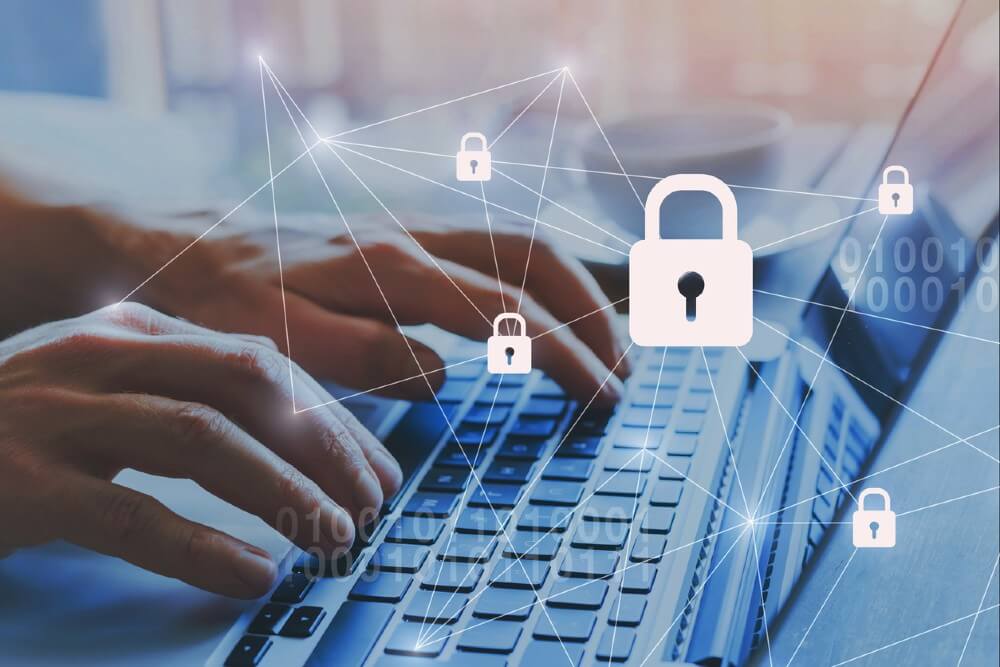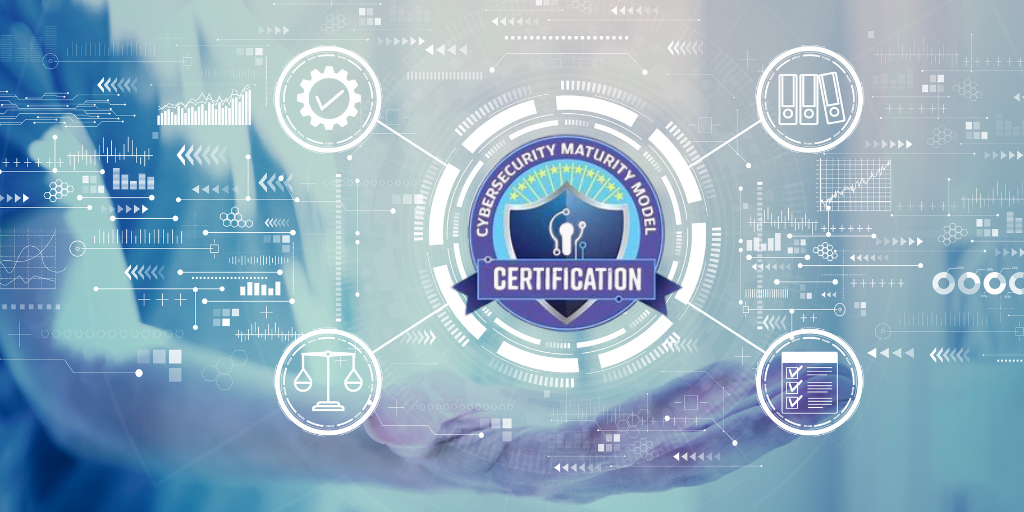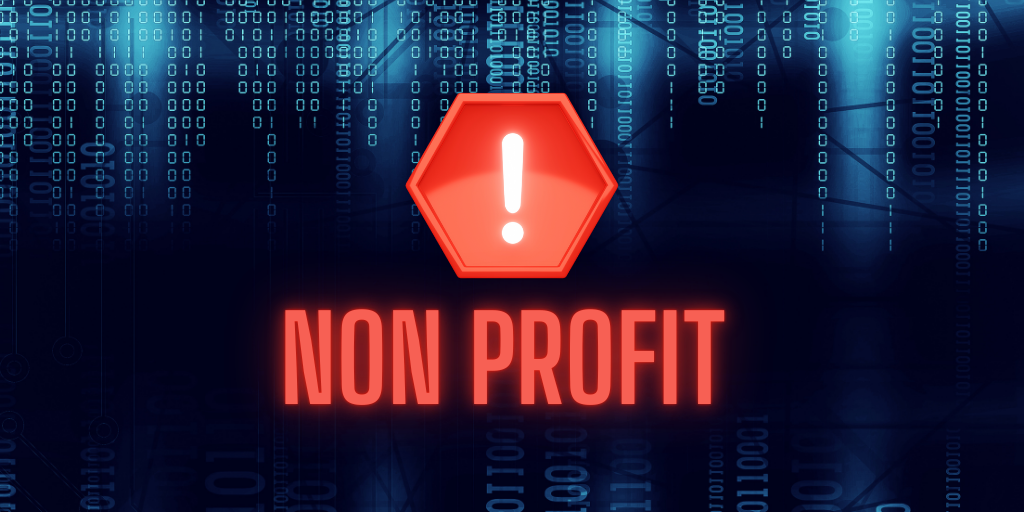Addressing CMMC Compliance Gaps for Small Businesses
Navigating the complex landscape of CMMC compliance can be a daunting task for small businesses, but with the right strategies, achieving and...
2 min read
.jpeg) Michael Markulec
:
Nov 25, 2022 12:00:00 PM
Michael Markulec
:
Nov 25, 2022 12:00:00 PM

Security is more crucial than ever in the digital age. There's a good chance that you've heard about the rise in attacks over the past several years, from ransomware and malware to phishing and social engineering. Keeping up with all the advances in the security industry can be difficult at times. It can be notably difficult to understand the distinctions between information security and cybersecurity. These phrases are sometimes used interchangeably, and most of the time this won't cause any major issues. However, it's crucial to understand what each phrase signifies individually when establishing a firm security plan.
Everyone wants their personal information to be secure, meaning that only people with the proper authorization can access and use it. This is the information security's objective. The NIST defines information security (infosec) as the process of safeguarding data and information systems from unauthorized access. The goal of the field is to offer confidentiality, availability, and integrity. Consider infosec as a catch-all term for all data, not just data kept in cyberspace, to better understand infosec. This highlights how information security is a subset of cybersecurity, yet the two disciplines are distinct from one another. Information security teams develop and implement systems and policies to secure data. To protect clients, enterprises must have strong security measures.
living in the twenty-first century, most data is kept on computers and data networks. This applies to almost every industry, and the data needs to be highly protected. Cybersecurity is described by the NIST as safeguarding, minimizing risk to, and reinforcing electronic communications services and systems. This also applies to the data kept in these systems, which cybersecurity experts try to safeguard. Everything relating to electronic systems and communications is covered by cybersecurity. There are subcategories that require greater specialization within the topic of cybersecurity. These cover networks, critical infrastructure, and cloud security.
Since most of the information we want to keep, preserve, and communicate exists in cyberspace, there might be confusion between information security and cybersecurity. Information security is a subset of cybersecurity, however not all aspects of information security fall within its scope. A specialist in information security may create security protocols or design ways for authorized people to access data. On the other side, cybersecurity focuses on defending data from online attacks like spyware and ransomware.
Whether you work in information security or cybersecurity, you must understand which data is most important to your business in order to put the proper cyber risk management and monitoring controls on it. A cybersecurity professional may occasionally prioritize data protection with the assistance of an information security professional, who will then decide the appropriate course of action for data protection.
Unfortunately, things aren't always as clear-cut due to the constantly shifting security situation. Cybersecurity and information security have become more intertwined over the past ten years as these formerly distinct fields have merged. The issue is that most teams do not have an information security expert on staff, which has significantly expanded a cybersecurity professional's duties. Traditional cybersecurity specialists were not necessarily educated in the data evaluation industry, but they were familiar with the technology, firewalls, and intrusion prevention systems required. The role of cybersecurity risk management professionals is changing as this matter becomes more crucial for businesses to effectively protect data. Investors and business partners are becoming more aware of the significance of this issue and businesses are frequently questioned about how well they manage physical and cyber risk and secure data today

Navigating the complex landscape of CMMC compliance can be a daunting task for small businesses, but with the right strategies, achieving and...

In an increasingly digital world, non-profits are prime targets for cyber threats. You can just discover how a Virtual CISO can protect your...

Small businesses must prioritize secure messaging to protect sensitive information and maintain customer trust.